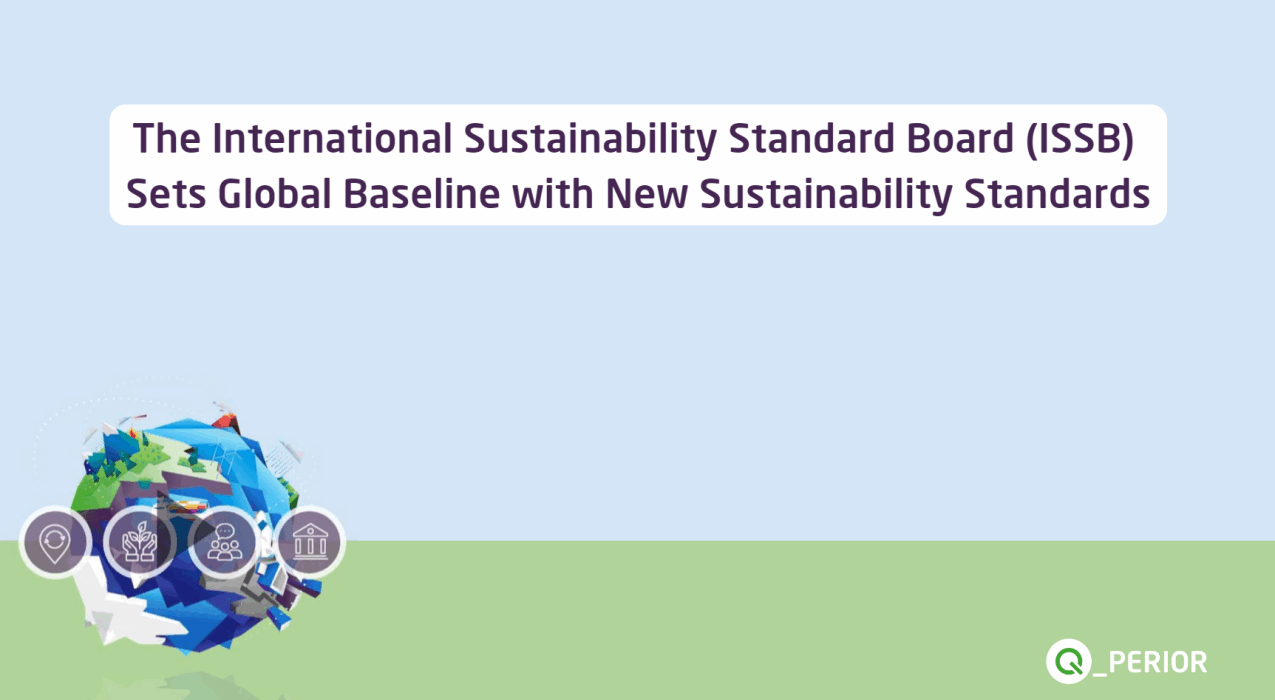The International Sustainability Standards Board (ISSB) has set the stage for a groundbreaking shift in sustainable finance across Africa with its recent update to the Sustainability Accounting Standards Board (SASB). This move is not just about regulatory changes; it signifies a significant leap towards reshaping how African companies report their sustainability performance.
Initially established in 2011, SASB was designed to offer sector-specific Environmental, Social, and Governance (ESG) guidance. After being integrated into the IFRS Foundation in 2022, ISSB took charge and is now aligning these industry benchmarks with its own global standards. The goal? To bring clarity and comparability for investors navigating the complex landscape of sustainability reporting.
The proposed updates cover nine key sectors crucial to Africa’s economy, such as oil & gas, mining, construction, power, and food & beverage. These revisions aim to streamline metrics related to water management and workforce health and safety across a total of 41 sectors—an ambitious step towards standardized reporting practices that transcend borders.
As Africa gears up for this transformational shift in sustainable finance reporting, various countries on the continent have already initiated adoption roadmaps for ISSB’s global standards. Kenya, Nigeria, Ghana, South Africa, and Ethiopia are among those leading the way by embracing IFRS S1 and S2 frameworks. Collaboration between government bodies, regulators, and professional organizations underscores a concerted effort to mainstream sustainability reporting—a clear indicator of its increasing significance in attracting investments and facilitating trade.
In Africa’s extractive industries—home to some of the most critical sectors outlined by SASB—consistency is key. Major players in Nigeria’s oil sector and South Africa’s mining industry are facing mounting pressure from investors regarding environmental stewardship practices. By adhering to globally harmonized standards like those proposed by ISSB for SASB alignment with IFRS S1/S2 guidelines—these companies can streamline their reporting processes while bolstering investor confidence.
While adopting new standards presents challenges around data systems integration—especially for emerging markets with nascent ESG infrastructure—it also opens doors to international capital inflows. Companies that proactively engage with ISSB-backed initiatives may find themselves better positioned to access green financing opportunities on a global scale—a potential game-changer for emerging sectors like Kenya’s fintech scene or Nigeria’s agribusiness market.
Industry-specific updates within SASB promise more robust disclosure practices across various sectors: Infrastructure firms must now disclose standardized water usage figures alongside workforce safety metrics; food manufacturers are required to detail emissions from processing activities as well as supply chain risks.The transition towards these heightened disclosure requirements will require coordinated efforts from policymakers along with support from financial regulators like South Africa’s JSE or Kenya’s ICPAK—to guide companies through this phased adaptation process.
However, despite strides made towards adoption readiness within African industries including mining agriculture energy finance — operational hurdles remain prevalent.Accountants auditors ,and corporate sustainability teams must prioritize training programs internal controls development.,FSD Africas initiative aimed at enhancing capacity building around IFRS S1/S2 compliance particularly focused on West African markets,is a noteworthy starting point toward achieving uniformity when it comes o meeting global reporting standards,
With stakeholders across diverse industries now invited t contribute feedback during th open comment period,this moment presents an invaluable opportunity fr African businesses t shape th revised standards before their scheduled release n 2026.This forthcoming overhaul spearheaded by ISSBsasb could serve s a turning point fr African economies endeavoring t embed sustainability principles tn their economic fabric.In aligning with international norms,Africa stands gain not only compliance advantages but also assert stronger influence n shaping ESG disclosures authentic t its unique realities.

